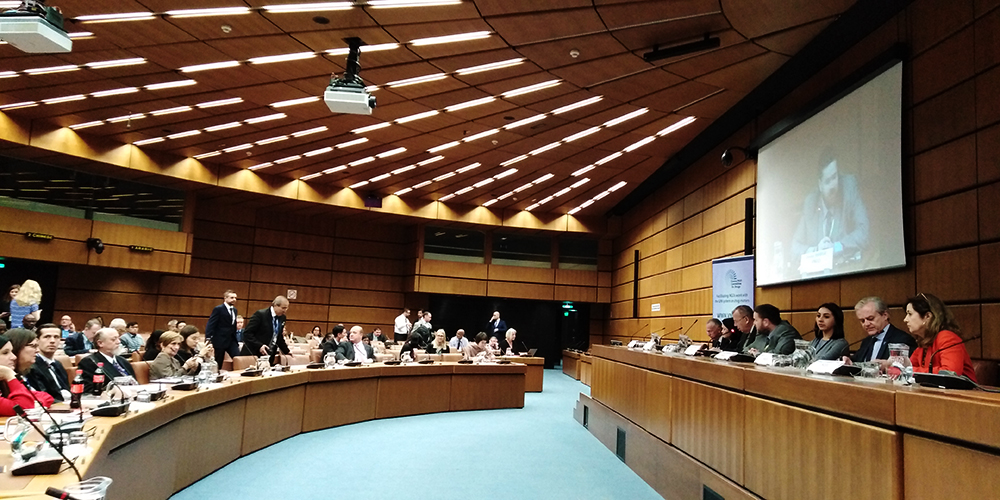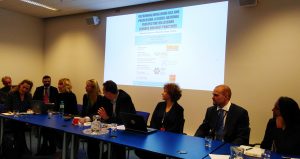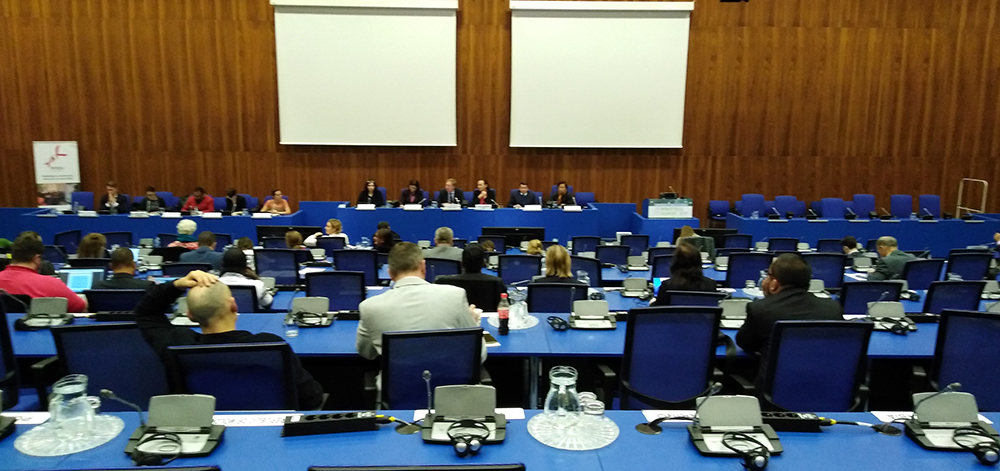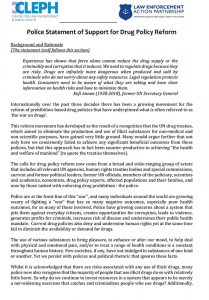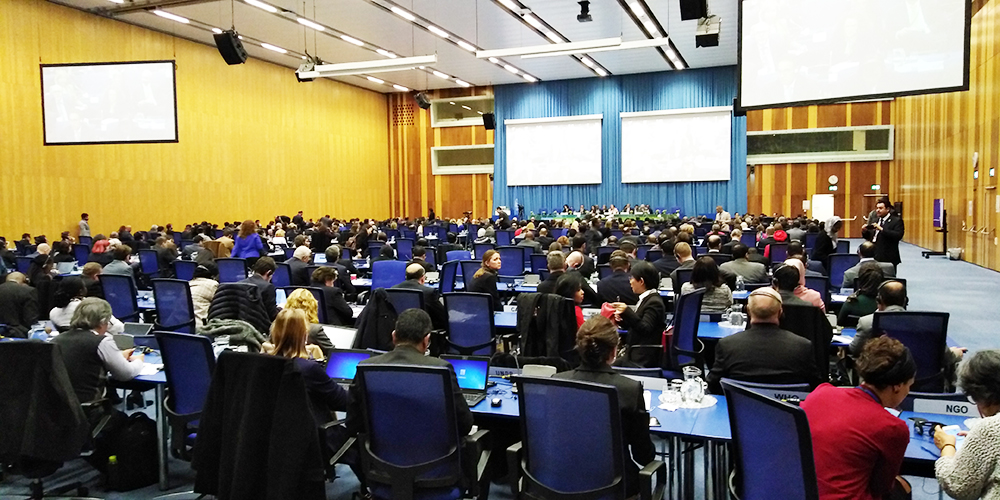The second day of the 62th CND was full of side events and sharing with participants.
An overviews of the side events we participated in today includes:
Psychoactive substances and the Sustainable Development Goals – Towards a comprehensive approach in the era of the 2030 Agenda
 Organized by the Government of Slovenia, Utrip Institute for Research and Development, the Pompidou Group of the Council of Europe and IOGT International. Jože Hren started his presentation reminding that for 20 years already the approach in Slovenia is that drug use is primarily a health problem and that possession of small quantities is a misdemeanour also since 1999. Those who are caught in possession of drugs get a fine of 40 Euro, but there is a process to change it to an oral warning or referral to treatment in more complex situations. Representative of the Pompidou Group spoke about the bi-annual prize the Group awards to innovative prevention programmes created by young people for young people. Another Slovenian representative presented their work emphasizing the need to invest in mental health programmes for adolescents. Cost of mental health disorders in Europe take 3 to 5 percent of GDP. There is a need for a reallocation of resources for more sustainable and impactful outcomes in tackling harmful substances and behaviours. Medical help is not enough – it has to be combined with comprehensive and long lasting prevention. They have a programme called “This is me”, which is in line with the Goal 3 of the SDGs. Kristina Sperkova, president of the IOGT International (international network of Templar organisations) works on prevention of alcohol and other drugs harm world-wide. Sanela from Utrip Institute advocated for a community approach to prevention. Notes from the side event are available at the CND Blog following this address>>>.
Organized by the Government of Slovenia, Utrip Institute for Research and Development, the Pompidou Group of the Council of Europe and IOGT International. Jože Hren started his presentation reminding that for 20 years already the approach in Slovenia is that drug use is primarily a health problem and that possession of small quantities is a misdemeanour also since 1999. Those who are caught in possession of drugs get a fine of 40 Euro, but there is a process to change it to an oral warning or referral to treatment in more complex situations. Representative of the Pompidou Group spoke about the bi-annual prize the Group awards to innovative prevention programmes created by young people for young people. Another Slovenian representative presented their work emphasizing the need to invest in mental health programmes for adolescents. Cost of mental health disorders in Europe take 3 to 5 percent of GDP. There is a need for a reallocation of resources for more sustainable and impactful outcomes in tackling harmful substances and behaviours. Medical help is not enough – it has to be combined with comprehensive and long lasting prevention. They have a programme called “This is me”, which is in line with the Goal 3 of the SDGs. Kristina Sperkova, president of the IOGT International (international network of Templar organisations) works on prevention of alcohol and other drugs harm world-wide. Sanela from Utrip Institute advocated for a community approach to prevention. Notes from the side event are available at the CND Blog following this address>>>.
Leaving no one behind: People at the centre of a harm reduction, human rights and public health approach to drug use
 Organized by the Netherlands and Norway, UNODC, UNDP, UNAIDS, WHO, IDPC, AFEW International, Harm Reduction International, INPUD, Open Society Foundations, Aidsfonds and Frontline AIDS. Ann Fordham from IDPC highlighted that the new UNADIS report indicates that 99% of people who use drugs doesn’t have a proper access to health services. WHO representative reminded that half a million people worldwide die of drug related deaths, mainly overdose and blood borne diseases HIV/AIDS and Hepatitis C. People also suffer because they can’t access the medicines they need. The Netherlands has “put people first” in their approach to harm reduction. The right to health is fundamental to all people irrespective of whether they are using drugs. Drug policies should seek to reduce violence, promote the rule of law, support the most marginalized and vulnerable, lift up human rights. Prohibition and criminalization means a continuation of armed conflict supported by disproportionate spending. Naomi Burke-Shyne from HRI reminded that funding for harm reduction has flat lined from 2007 to 2016, which stands in shocking contrast to the estimated funding need by UNAIDS: existing funding represents only 13% of this estimated need. Judy Chang from INPUD stated that “Existing drug policies threaten security, democracy and the well-being of all, especially those most marginalized and vulnerable. The war on drugs and drug-free agenda undermines the SDG agenda.” Zaved Mahmood from UN Office of the High Commissioner for Human Rights estimates that People who use drugs are not just left behind, they are kept out. The right to life includes the obligation to take measures where peoples’ lives might be threatened, including in relation to the use of drugs and HIV and hepatitis.
Organized by the Netherlands and Norway, UNODC, UNDP, UNAIDS, WHO, IDPC, AFEW International, Harm Reduction International, INPUD, Open Society Foundations, Aidsfonds and Frontline AIDS. Ann Fordham from IDPC highlighted that the new UNADIS report indicates that 99% of people who use drugs doesn’t have a proper access to health services. WHO representative reminded that half a million people worldwide die of drug related deaths, mainly overdose and blood borne diseases HIV/AIDS and Hepatitis C. People also suffer because they can’t access the medicines they need. The Netherlands has “put people first” in their approach to harm reduction. The right to health is fundamental to all people irrespective of whether they are using drugs. Drug policies should seek to reduce violence, promote the rule of law, support the most marginalized and vulnerable, lift up human rights. Prohibition and criminalization means a continuation of armed conflict supported by disproportionate spending. Naomi Burke-Shyne from HRI reminded that funding for harm reduction has flat lined from 2007 to 2016, which stands in shocking contrast to the estimated funding need by UNAIDS: existing funding represents only 13% of this estimated need. Judy Chang from INPUD stated that “Existing drug policies threaten security, democracy and the well-being of all, especially those most marginalized and vulnerable. The war on drugs and drug-free agenda undermines the SDG agenda.” Zaved Mahmood from UN Office of the High Commissioner for Human Rights estimates that People who use drugs are not just left behind, they are kept out. The right to life includes the obligation to take measures where peoples’ lives might be threatened, including in relation to the use of drugs and HIV and hepatitis.
Drug prevention approaches that make a difference
 Organized by the Governments of Iceland and Serbia, and the Pompidou Group of the Council of Europe. Serbian representative to the OSC made an introduction speech. The same like the Minister of Health on Thursday 14 at the Ministerial Segment, he said that the Drug Strategy has 5 chapters instead of 7, avoiding to say that Harm Reduction is one of them. Jelena Janković from the Ministry of Health presented the latest developments, including information about overdose deaths in 2018 and creation of the Ministerial Commission (for fighting narcomania in schools). She also presented the project the Ministry did with experiences and support from Israel. Iceland presented their project with are seen as the flagship project on prevention. Almost 2% of the alcohol and tobacco taxes go to prevention programmes! They see as the main risks and protective factors family factors, peer group effect, general well-being and extra-curricular activities and sports. Their learning is that the multidisciplinary collaboration is the key to success. The change thy achieved is different attitude of parents and society – don’t buy alcohol for children. It is not OK for adolescents to be drunk in public. It is not the amount of time that parents spend with their children – it is the quality of time. There are no unsupervised parties. Pompidou Group emphasised the role of police in prevention. Interventions from the floor were on offering more than just sports and having campaigns that cover illicit but also legal substances.
Organized by the Governments of Iceland and Serbia, and the Pompidou Group of the Council of Europe. Serbian representative to the OSC made an introduction speech. The same like the Minister of Health on Thursday 14 at the Ministerial Segment, he said that the Drug Strategy has 5 chapters instead of 7, avoiding to say that Harm Reduction is one of them. Jelena Janković from the Ministry of Health presented the latest developments, including information about overdose deaths in 2018 and creation of the Ministerial Commission (for fighting narcomania in schools). She also presented the project the Ministry did with experiences and support from Israel. Iceland presented their project with are seen as the flagship project on prevention. Almost 2% of the alcohol and tobacco taxes go to prevention programmes! They see as the main risks and protective factors family factors, peer group effect, general well-being and extra-curricular activities and sports. Their learning is that the multidisciplinary collaboration is the key to success. The change thy achieved is different attitude of parents and society – don’t buy alcohol for children. It is not OK for adolescents to be drunk in public. It is not the amount of time that parents spend with their children – it is the quality of time. There are no unsupervised parties. Pompidou Group emphasised the role of police in prevention. Interventions from the floor were on offering more than just sports and having campaigns that cover illicit but also legal substances.
Other side events held today that may be of interest are:
Other events
The Vienna NGO Committee on Drugs (VNGOC) held regular Annual General Assembly. The Committee welcomed new members, reviewed and approved the VNGOC annual report and reflected on activities for 2018/19 including those of the Civil Society Task Force (CSTF), got information about the annual accounts for 2018, the latest financial status and audited accounts for 2018, Strategic Plan 2019-21 and Budget for 2019 and Voluntary Code of Conduct for NGOs at the CND and received an update on developments within UNODC. The Committee discussed the future organisation of the VNGOC, based on the background paper presented by the Board.
Following a governance review process undertaken in 2017, VNGOC agreed to stagger the elections for the VNGOC Board to ensure greater stability and continuity. In order to do this, three of the positions elected last year were given one-year terms, the other three positions were given the standard two-year terms. This year, the following three positions were up for re-election: Chairperson, Deputy Treasurer, Deputy Secretary. Our friend fro International Drug Policy Consortium Jamie Bridge was re-elected for the Chairperson. Congratulations!

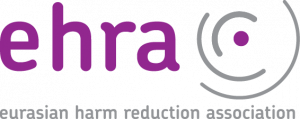 The Eurasian Harm Reduction Association (EHRA) presented its new publication “Getting to know the Civil Society and Eastern Europe and Central Asia Delegations to the Board of the Global Fund to Fight AIDS, Tuberculosis and Malaria. An Information note for Eastern Europe and Central Asia”. The publication is developed within the project of the EECA Regional Platform for Communication and Coordination.
The Eurasian Harm Reduction Association (EHRA) presented its new publication “Getting to know the Civil Society and Eastern Europe and Central Asia Delegations to the Board of the Global Fund to Fight AIDS, Tuberculosis and Malaria. An Information note for Eastern Europe and Central Asia”. The publication is developed within the project of the EECA Regional Platform for Communication and Coordination.

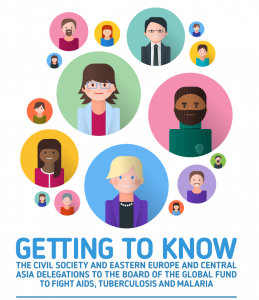
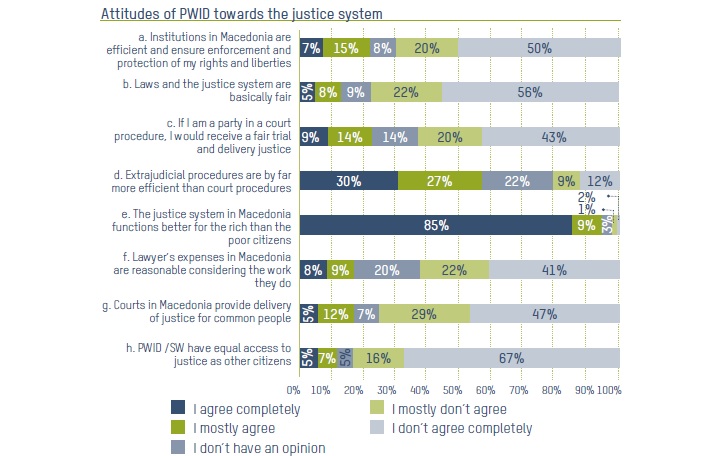
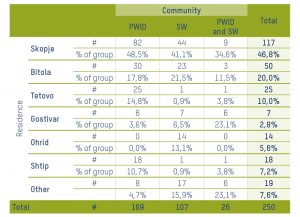
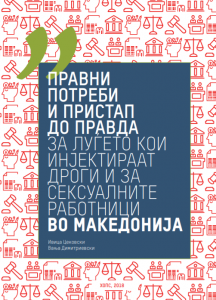
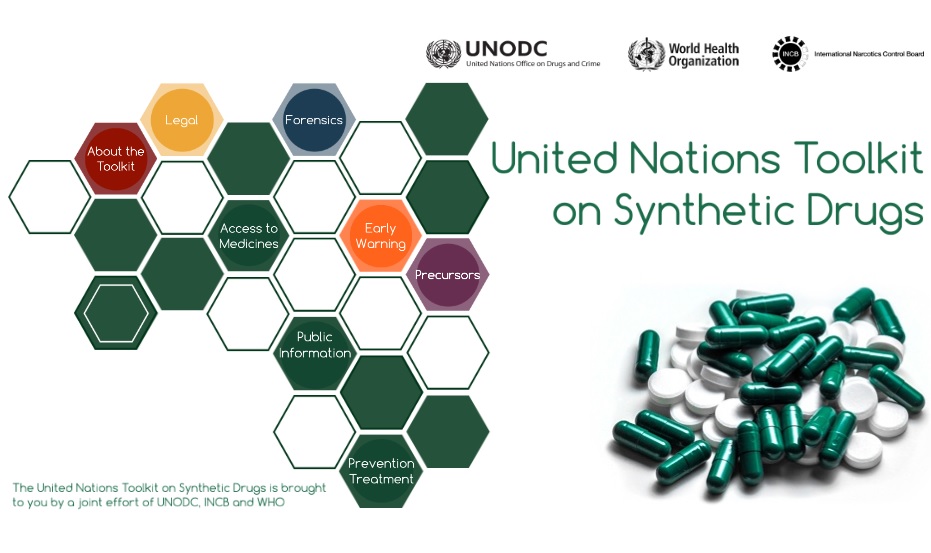

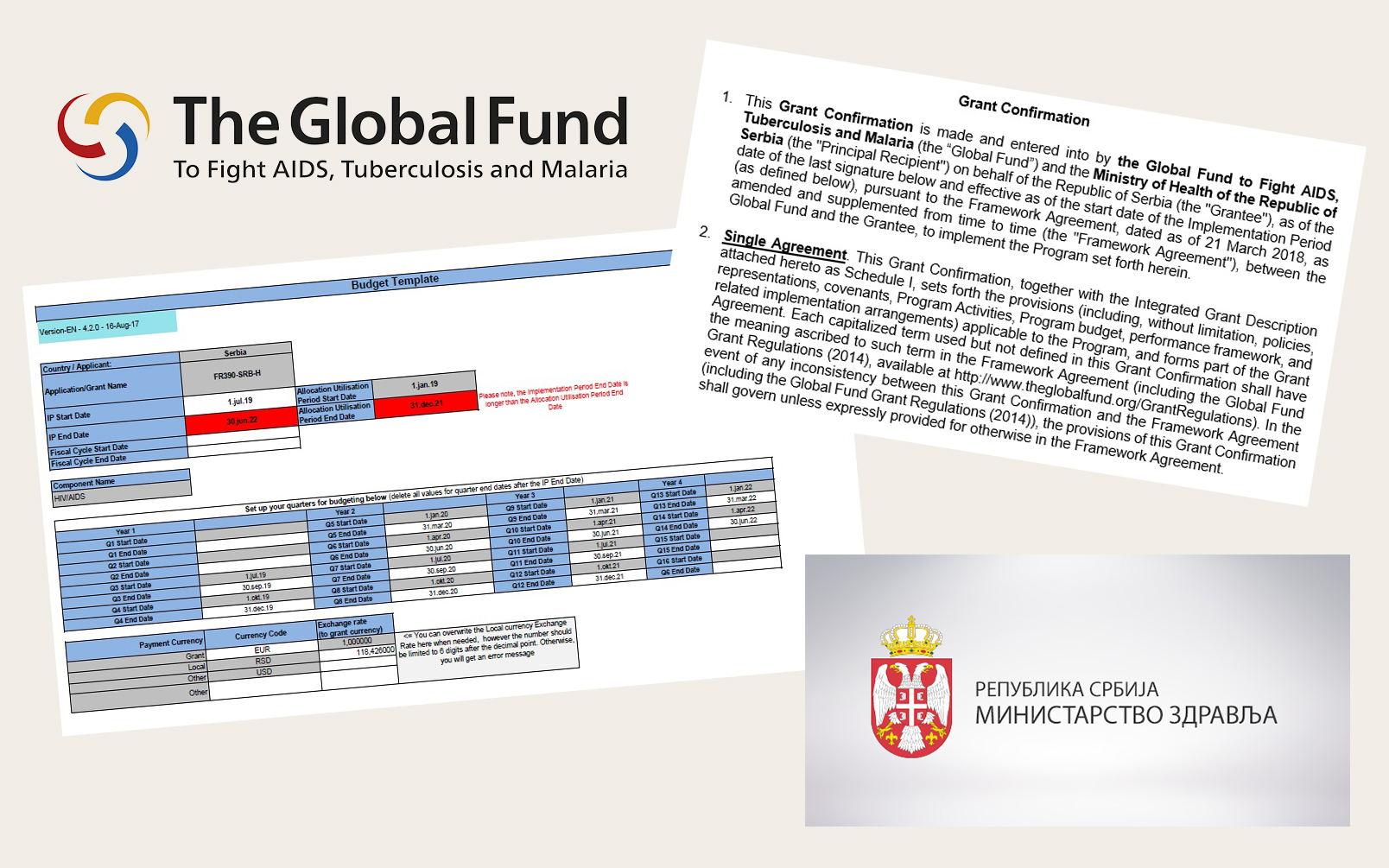


 The meeting began with a ministerial segment on 14 and 15 March aimed at taking stock of the implementation of the commitments made to jointly address and counter the world drug problem.
The meeting began with a ministerial segment on 14 and 15 March aimed at taking stock of the implementation of the commitments made to jointly address and counter the world drug problem.




